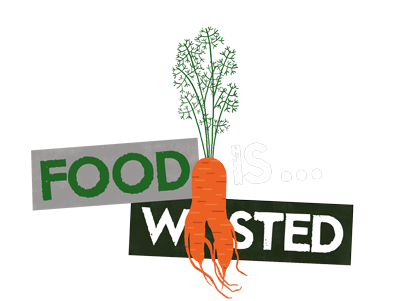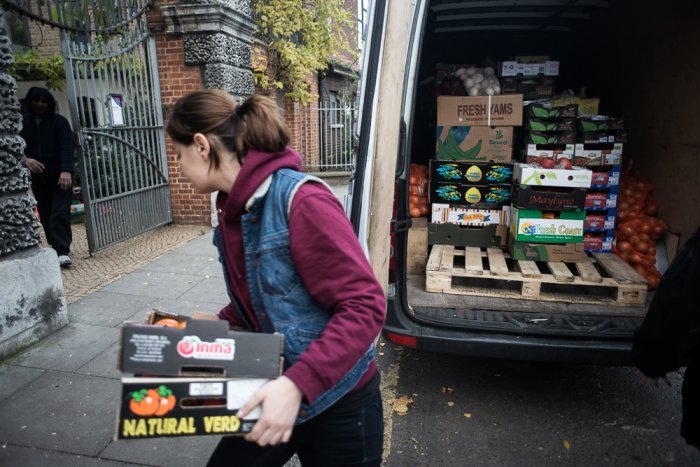29 May An interview with Selma Seddik, co-founder of InStock, Amsterdam

CK – Can you please introduce yourself and the organisation you work for…
SS – My name is Selma Seddik, I live and work in Amsterdam for about five years now, the year before Amsterdam I studied in London. I’m one of the co-founders of Instock, an initiative battling food waste. We currently run three restaurants, one in Amsterdam, The Hague and Utrecht. We brewed a beer containing surplus potatoes and we published a cooking book where our chefs explain conserving techniques. Everything we do at Instock either involves rescuing kilos of food or creates more awareness around the issue.
CK – How did InStock come about, and how did you obtain support from Albert Heijn?
SS – After my studies in London I applied for a graduate scheme at Ahold (currently Ahold-Delhaize). Part of the graduate scheme was to work in a supermarket store as a manager for a year. I was confronted with good products that could not be sold at the end of the day; think of one day old bread. Together with three colleagues we decided to participate in an innovation competition, where we pitched the initial idea of a pop-up restaurant.
CK – What factors influenced your choice of activities, and how you access food that would otherwise have gone to waste?
SS – We need to respect all the food safety regulations just like any other restaurant in the Netherlands. Therefore, we decided to source our fruits, vegetables and bread from supermarket stores via a distribution centre. These products do not have an expiration date, solely a best quality before date. We collect meat and fish directly from the producers, where we collect products with an expiration date. This way we avoid working with products that are past the expiration date.
CK – Do you think the model you have adopted is replicable elsewhere, and if so what advice would you give in ensuring success?
SS – For opening a restaurant prefer partners in retail in contrast to producers. In order to run a restaurant you need a wide variety of products and retail offers that. Producers are often specialised in one specific product and are further away outside of cities, which increases the food miles.
CK – Other than supporting initiatives like yours, and redistributing food to food banks, what more do you feel supermarkets could do to reduce the amount of food waste they produce – not just in-store, but up and down the supply chain?
SS – Retailers have a big responsibility in the chain. Towards consumers they could e.g. look at their promotions and packaging sizes. Down the supply chain they could in cooperation with producers improve their replenishment systems.
CK – What other food waste initiatives exist in the Netherlands?
SS – There are more and more amazing initiatives in the Netherlands. Kromkommer is the oldest and makes delicious soups for wonky veggies. The Verspillingsfabriek is the first large factory build to reduce food waste. But also technology is now getting used in apps such as ResQ and Get Chef’s where you as a consumer can find out where to pick up a bargain meal in a restaurant.
CK – How can people connect with you and InStock?
Recent Journal Posts
- 12 December, 2016
- 01 March, 2016



